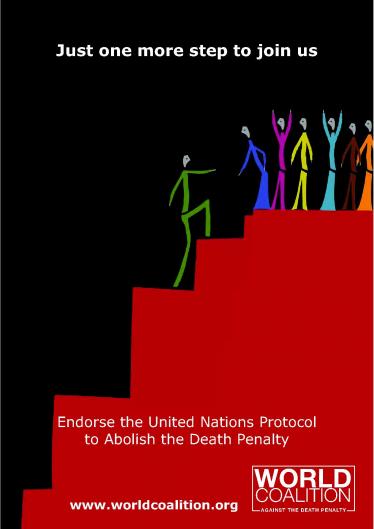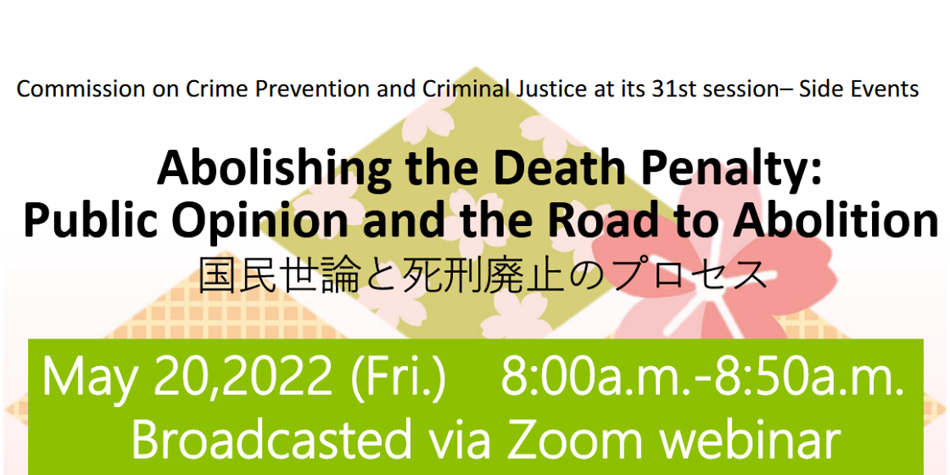Moving towards abolition in the Arab World
MENA
Protocol
The World Coalition Against the Death Penalty has launched the updated version of its report: “Fighting against the Death Penalty in the Arab World” during the conference organised by Penal Reform International (PRI), the Swedish Institute of Alexandria and the Arab Centre for the Independence of the Judiciary and Legal Profession.
The conference focused on the death penalty in the region to follow up on the recommendations made during the first Alexandria conference held in May 2008 .
“We need to ask ourselves why, despite considerable development of the movement in the region, is there no progress compared to 2008?”, PRI’s regional director Taghreed Jaber told members of NGOs and international organisations as she introduced the two-day conference.
Two key issues: public opinion and religious aspects
Discussions exposed the need for more open discussions with religious leaders and Islamic scholars. “Islam is a message of life,” said Mohammad Habash, a Syrian scholar. He argued that Sharia law provides only for a very limited set of capital crimes under very specific conditions which are not respected today. In Yemen for instance, only 2% of death penalty cases are related to Islamic law.
When speaking on the importance of parliamentary lobbying, representatives of Turkey and Djibouti, both abolitionist countries with a majority Muslim population, insisted that “passing a law is not enough. There is a need to convince Arab public opinion and citizens that the death penalty, even in Islamic law, is neither necessary, nor feasible”.
International tools and intervention
The World Coalition stressed that international intervention is a double-edged sword in the Arab World: it can prompt great changes as well as a backlash. It has to be considered very carefully and always in consultation with local actors.
National and international NGOs work together efficiently in three areas: networking, lobbying and information sharing. For instance, Renny Cusing, representative of Murder Victims’ Families for Human Rights said: “It is a common idea that victims’ families want the death penalty and certainly some people want the death penalty, but others don’t and others simply don’t know.”
Intergovernmental organisations also participated in the debate. The chairman of the African Commission on Human and People’s Rights’ working group on the death penalty mentioned plans for a Protocol to the African Charter for Human Rights aiming at the abolition of the death penalty.
A representative for the League of Arab States said that “the death penalty has not been crystallized in one single vision yet, but the issue remains open to all vision and dialogue”.
Download the World Coalition’s report, “Fighting against the Death Penalty in the Arab World” :
> in English
> in Arabic
> in French







